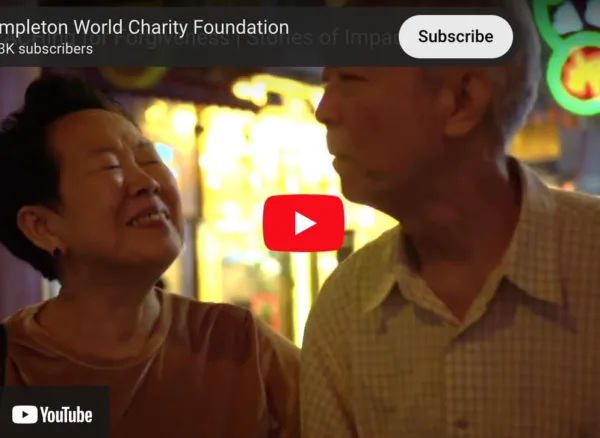Menu
* A Grant DOI (digital object identifier) is a unique, open, global, persistent and machine-actionable identifier for a grant.
The benefits of forgiveness on physical, mental, relational, and spiritual health are well established. However, the majority of research on forgiveness interventions have taken place in the United States or other developed country contexts. This project aims to expand the horizons of forgiveness research globally by evaluating the viability of the two-hour REACH Forgiveness workbook at promoting forgiveness, inspiring hope, and reducing depression and anxiety in six diverse cultural and geographic contexts: Colombia, Indonesia, Mainland China, Ghana, South Africa and Ukraine. The project will also examine the effectiveness of community-based awareness-raising interventions among the student population in Hong Kong, and test different ways of engaging individuals to participate in and complete the forgiveness interventions.
REACH Forgiveness is a widely used forgiveness intervention developed by Everett Worthington (2001). REACH is an acronym that identifies five steps through which victims may progress to achieve forgiveness: (R) Recall the hurt, (E) Empathize with offender, (A) Altruistic gift of forgiveness, (C) Commit, and (H) Hold onto forgiveness. The efficacy of the REACH Forgiveness intervention is empirically supported by over 30 randomized controlled trials (Wade, Hoyt, Kidwell, & Worthington, 2014). Led by Man Yee Ho of City University Hong Kong, this project is a collaboration between Everett Worthington, one of the world’s leading forgiveness researchers, and Tyler Van Der Weele of Harvard University.








